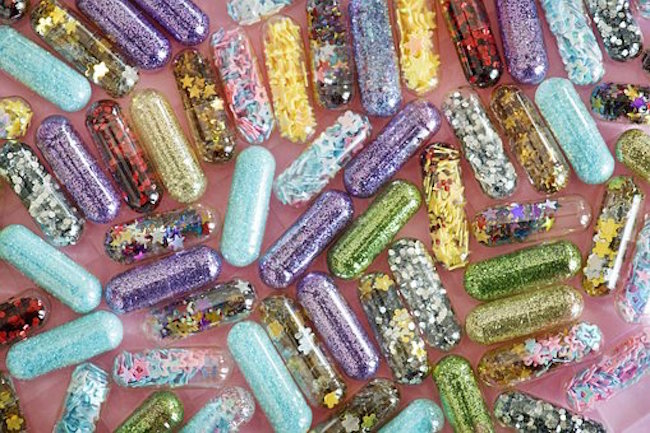Amazon admits it sold fake supplements by Dr. Joseph Mercola for Mercola
Amazon was born in 1994, when hedge fund executive Jeff Bezos incorporated the company and began direct-selling books online with a plan to create technology that would make it simple for consumers to make their purchases.
His fairy tale, rags-to-riches story of his rise to wealth and fame and the company’s launch toward a near trillion-dollar value is a story that’s been chronicled nicely by Encyclopedia Britannica,1 which notes that the company — which Bezos promoted with a “Get Big Fast” slogan — did not post real profits until 2001.
Part of the story is that Bezos realized way back then that he needed a better plan to help his company meet his growth goals — thus spurring the decision to broaden Amazon’s scope in two ways: first, by introducing an e-reader he called Kindle; and second, by opening Amazon’s doors to third-party sellers.
Today, Kindle, which not only allows consumers to download millions of books and movies, but to publish their own work online through Kindle e-publishing, and third-party sellers are the pillars of Amazon’s structure, helping Bezos to be crowned the richest person in the world in 2017, with a net worth of $105.1 billion.2
To illustrate just how much those third-party sellers mean to Amazon, statista.com reports that in the second quarter of 2019, those sellers’ products represented 54 percent of Amazon’s paid units.3
Unfortunately, those third-party sellers, which have taken over Amazon’s platform by selling every imaginable type of product and service, all with a click of a button — the very technology Bezos envisioned from the start — are also a breeding ground for fraudsters who pose as brand name sellers, but actually sell knock-off products. Even worse, some of these fakes could cause real harm to consumers, especially when it comes to foods, drugs, cosmetics and pharmaceuticals.
Is it real or a knock off?
Amazon runs an annual sale they’ve dubbed Prime Day, which ran July 15 and 16, 2019, for the U.S. 4 On the second evening, as reported by Wired, Anne-Marie Bressler received an automated email from Amazon informing her that one of the nutritional supplements she’d ordered two weeks earlier were likely counterfeit.5
The email recommended she stop using it and dispose of the item. It also said she would be issued a refund for the product. Although Amazon confirmed it sent the email, the company declined to identify the number of people who had been impacted by this knock-off. The supplement is sold by Procter & Gamble, whose spokesperson said in an email:6
“We are aware that some counterfeit Align product was sold on Amazon via third parties. Amazon has confirmed they have stopped third party sales of the Align products in question and Amazon is only selling Align product received directly from P&G manufacturing facilities.”
In their statement, Amazon acknowledged a past problem with counterfeiters, saying:7
“We investigate every claim of potential counterfeit thoroughly, and often in partnership with brands, and in the rare instance where a bad actor gets through, we take swift action, including removing the item for sale, permanently banning bad actors, pursuing legal action, and working with law enforcement when appropriate. We have taken these actions against the bad actors in question and proactively notified and refunded customers.”
A 2016 report from the Organization for Economic Cooperation and Development8 pegged the counterfeit market at $461 billion a year in 2013. By 2016 that number had skyrocketed to $509 billion9— two and a half times what it was just eight years earlier in 2008, at $200 billion a year.
What’s worse, counterfeiters are infiltrating a wide range of products and name brands, from high fashion to toys to car parts, cosmetics, medical supplies and, as Amazon found, pharmaceuticalproducts, including supplements.10,11
The underlying problem is the fakes are frequently low quality12 and may lead to injury and health concerns, as they did for Heather Oberdorf who was blinded in one eye when a retractable dog leash she purchased from a third-party vendor snapped, hitting her in the face.13




